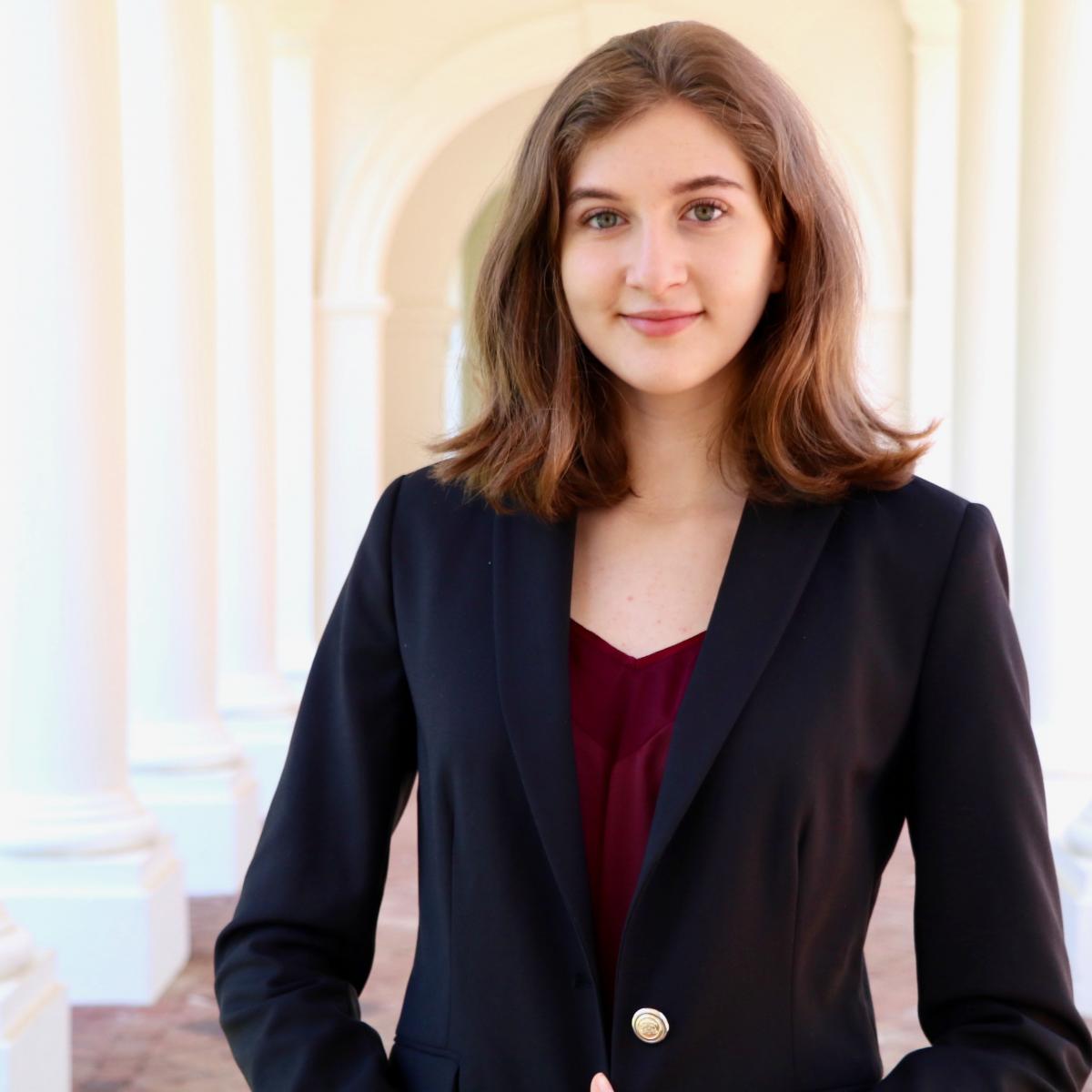 Class of 2020
Class of 2020
Double Major in Philosophy and Political & Social Thought
When I joined the Echols Advisory Committee I tried to imagine what it would be like to be someone in my position, a student, ten years from now. How might such a person look back at this—in many ways unprecedented—opportunity for the program to grow?
Of course, I can’t possibly know what it will be like to be a student ten years from now. In fact, I can’t even know what it’s like to be any current Echols scholar besides myself. In my day-to-day I’m not too concerned about lacking epistemic access to what it is like to be each of my peers, but when I joined the advisory committee as a current student I began to worry about my inability to represent the student view. After all, I’m not an expert on education, nor have I had a particularly long relationship with the University. If the only thing I would have been able to bring to the committee was my knowledge of what it was like to be a student, it looked like I wouldn’t have much to offer.
As our committee meetings progressed, I started to get the sense that even if I could somehow know everything about all past, present, and future Echols scholars and their experiences within the program, it’s not clear that I’d be able to articulate some student consensus on the best way forward for the program. That said, I also began to recognize that there were some student experiences—like what it is like to join the program as a second-year or live outside of the common housing—that were especially important to consider as we thought through the big-picture questions on the table.
These realizations led me to actively choose to learn more about the Echols community. I attended as many Echols programs as I could, and in between eating all the food our budget had to offer, I got to learn more about what other students thought about the Echols program. I heard about which parts of the program were most important to them, what they hope Echols will look like in the future, and which pizzas we should really stop ordering, just to name a few of the pressing matters we discussed.
I tried to think of these brief moments with my peers as opportunities to hear fresh ideas, challenge my currently-held positions, and find inspiration from an incredible group of people. This goal wasn’t a particularly difficult one to achieve; just about every interaction I had with Echols scholars past and present left me feeling humble and optimistic about what we could accomplish over the next few years.
I also grew to recognize that no one was asking for me to speak specifically as a student, and that I could contribute to the committee as a member, simpliciter. I have something to offer to the discussion as a person, and I also happen to have the advantage of being able to talk to current Echols scholars several times a day. I’m now heading in to my next year on the committee feeling confident and energized, ready to tackle questions about the identity of the program with the Echols community I have the privilege of interacting with on a daily basis.
